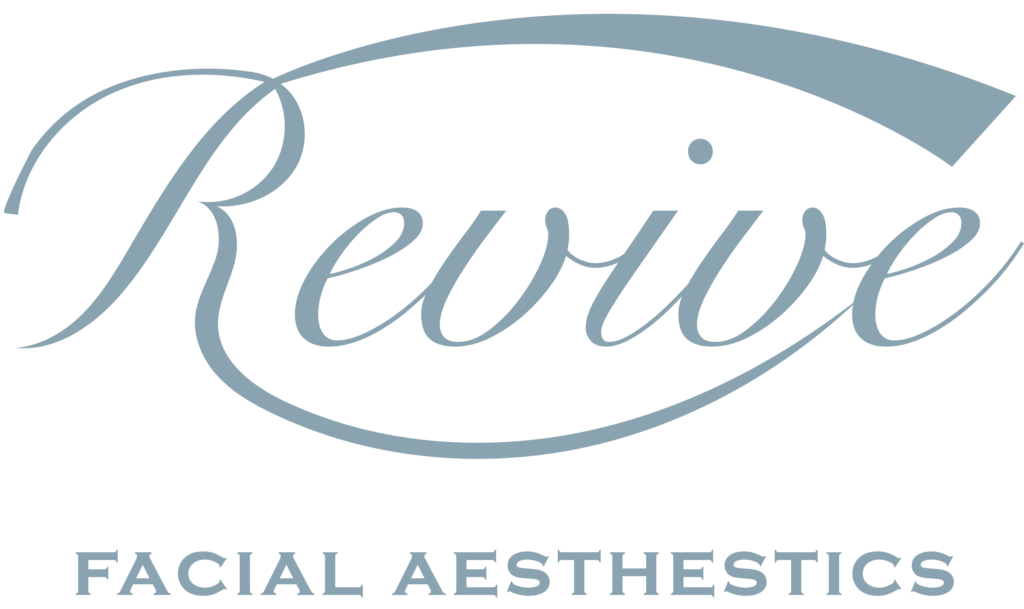Eye allergies, also known as allergic conjunctivitis, occur when your eyes react to certain substances you are allergic to. These substances, called allergens, can include pollen, pet dander, dust mites, mold spores, and irritants like smoke or perfume. When your eyes come into contact with these allergens, your immune system triggers an allergic response, causing various eye symptoms. If you suspect you have eye allergies, seeing our ophthalmologist at Summerlin Vision is recommended for a proper diagnosis. They can examine your eyes and discuss your symptoms to determine whether it is an allergic reaction. They may also perform allergy testing to identify the specific allergens causing your symptoms.
Symptoms of Eye Allergies
Itching
The eyes may feel itchy, and you may have an irresistible urge to rub them, although rubbing can worsen the symptoms.
Redness
The whites of your eyes (sclera) may appear red or bloodshot.
Watery Eyes
Excessive tearing or watery discharge from the eyes can occur.
Swelling
The eyelids may become puffy or swollen.
Burning or Stinging Sensation
Some people may experience a sensation of burning or stinging in their eyes.
Sensitivity to Light
Your eyes may become more light-sensitive, causing discomfort in bright environments.
Causes of Eye Allergies
Pollen
Pollen from trees, grasses, and weeds is a common allergen that can trigger seasonal allergic conjunctivitis. Different types of pollen can cause allergies during specific times of the year.
Dust Mites
Dust mites are microscopic organisms in house dust, particularly in bedding, carpets, and upholstered furniture. Their feces and body parts can trigger allergic reactions, including eye allergies.
Irritants
Certain irritants, such as cigarette smoke, air pollution, strong odors, or chemicals, can cause eye irritation and contribute to allergic conjunctivitis.
Cosmetics and Personal Care Products
Some individuals may be allergic to ingredients found in cosmetics, eye makeup, lotions, or contact lens solutions, leading to contact allergic conjunctivitis.
Tips to Prevent Eye Allergies
Wear Protective Eyewear
When engaging in outdoor activities like gardening or lawn mowing, consider wearing wraparound sunglasses or goggles to shield your eyes from allergens, dust, and other irritants.
Avoid Rubbing or Touching Your Eyes
Rubbing or touching your eyes can exacerbate eye allergy symptoms and potentially introduce more allergens into your eyes. If your eyes itch, use a clean tissue or a cold compress to dab or apply pressure instead gently.
Rinse Your Eyes
After being outdoors or in environments with potential allergens, rinse your eyes with clean water or use preservative-free saline eye drops to flush out any allergens and soothe your eyes.
Keep Contact Lenses Clean
If you wear contact lenses, ensure proper hygiene and follow the recommended cleaning and disinfecting routines. Consider daily disposable lenses, which can help minimize the buildup of allergens and reduce the risk of allergic reactions.
Suppose you are experiencing symptoms of eye allergies or have concerns about your eye health. You should visit Summerlin Vision at 900 S Pavilion Center Dr #140, Las Vegas, NV 89144, or call (702) 243-8788 to schedule an appointment. Our ophthalmologist or allergist can diagnose properly, recommend suitable treatment options, and offer personalized advice based on your condition.





